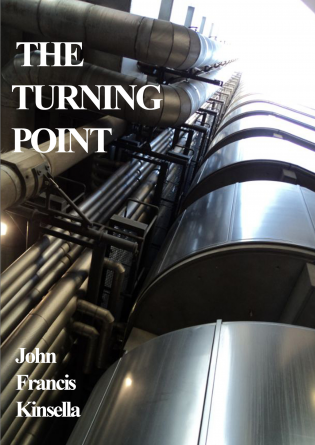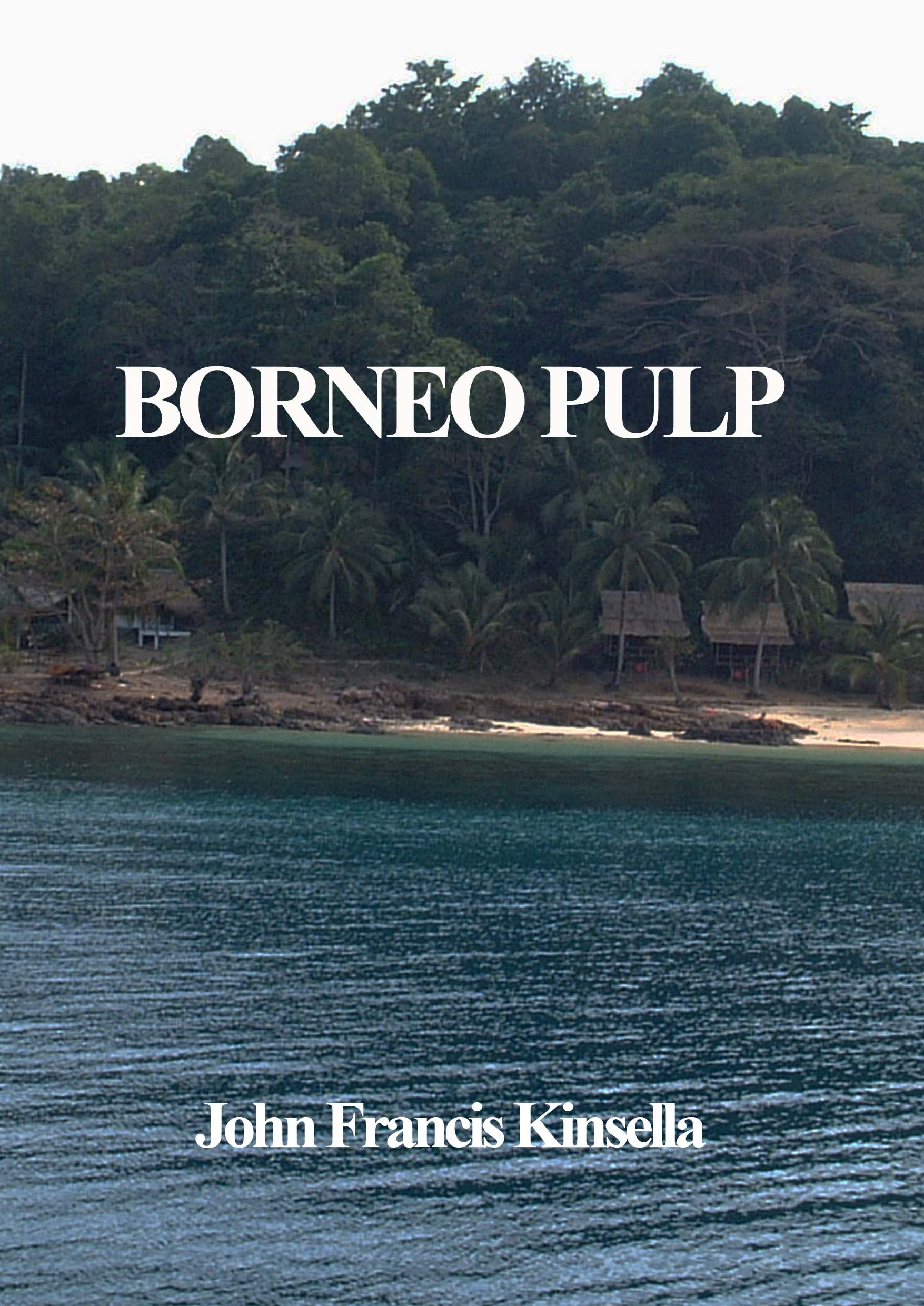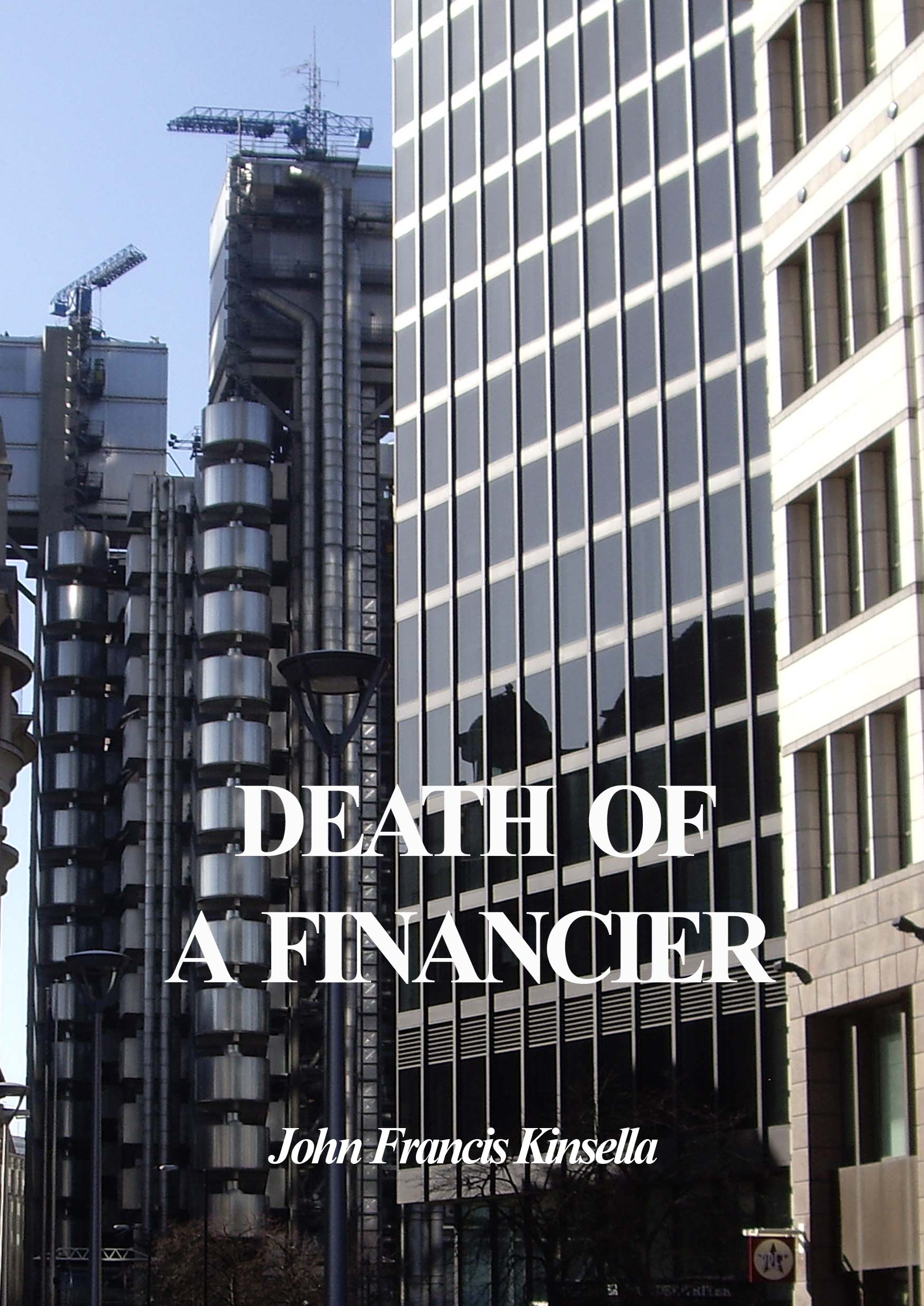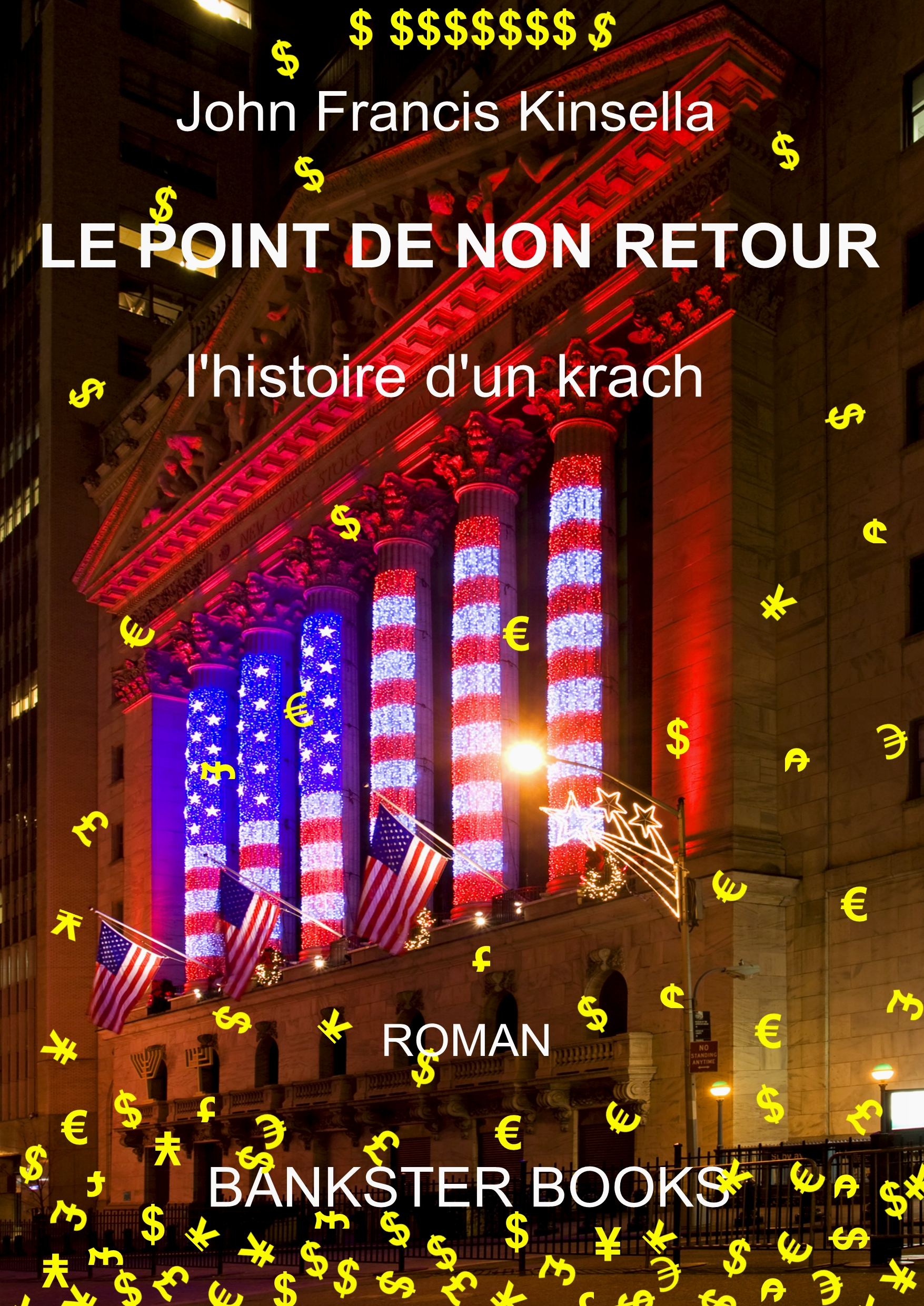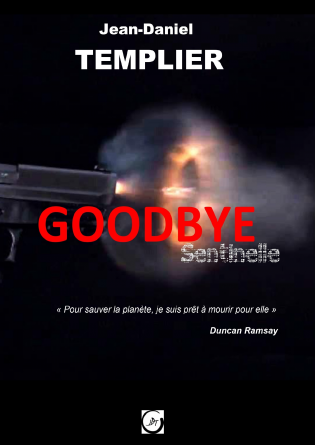John Francis Kinsella
THE TURNING POINT
After the Champagne and fireworks, the toasts and good wishes, came the almost inevitable hangover. The twenty first century got off to a bad start wi
30440
Reliures : Dos carré collé
Formats : 14,8x21 cm
Pages : 382
Impression : Noir et blanc
N° ISBN : 9782952715898
En achetant ce produit, vous pouvez collecter jusqu'à 1 point de fidélité. Votre panier totalisera 1 point pouvant être transformé(s) en un bon de réduction de 0,20 €.
Autour de John Francis Kinsella
Vous aimerez aussi
Résumé
After the Champagne and fireworks, the toasts and good wishes, came the almost inevitable hangover. The twenty first century got off to a bad start with the dotcom bust. Barely a year later the world was shaken by the events of September 11. The monstrous and unexpected attack on the World Trade Center, a senseless tragedy for so many Americans, saved George W. Bush from a trivial destiny, elevating him to the role of self-appointed saviour of the Western World, or the narrow world of the Midwest and its Bible-punchers.
Launching his war on terror, Bush galloped, accompanied by his faithful sidekick, Tony Blair, to create a different version of Bush the father's post-Soviet New World Order, where, in Winston Churchill words: the principles of justice and fair play...protect the weak against the strong ' or was it the other way around?
The widely hailed New World Order held a number of unexpected surprises in store for those who had acclaimed it. The neo-liberals had won the battle, through deregulation and by abandoning state control and protectionism, allowing the world to continue its path towards the economic and political model preached by Reagan and Thatcher. Market forces replaced governments in determining economic direction, whilst the world, and more especially China, discovered that liberalization could exist without democratization. The consequence of these changes tilted the balance of economic power inexorably towards the East.
Under Bush and Blair interest rates were slashed and a loose monetary policy was pursued to compensate the loss of business confidence and weak share prices. This led to a global credit and property boom, signalling the start of an uncontrolled race for wealth by the world's investment bankers and financial institutions.
Unwittingly the leaders of the rich nations had started a count down to what was, by its very scale, the greatest financial crash in all history, the consequences of which led to a historical turning point, a momentous loss in the relative wealth and economic power of the nations that had ruled the world for more than a century, and more significantly that of Great Britain.
Launching his war on terror, Bush galloped, accompanied by his faithful sidekick, Tony Blair, to create a different version of Bush the father's post-Soviet New World Order, where, in Winston Churchill words: the principles of justice and fair play...protect the weak against the strong ' or was it the other way around?
The widely hailed New World Order held a number of unexpected surprises in store for those who had acclaimed it. The neo-liberals had won the battle, through deregulation and by abandoning state control and protectionism, allowing the world to continue its path towards the economic and political model preached by Reagan and Thatcher. Market forces replaced governments in determining economic direction, whilst the world, and more especially China, discovered that liberalization could exist without democratization. The consequence of these changes tilted the balance of economic power inexorably towards the East.
Under Bush and Blair interest rates were slashed and a loose monetary policy was pursued to compensate the loss of business confidence and weak share prices. This led to a global credit and property boom, signalling the start of an uncontrolled race for wealth by the world's investment bankers and financial institutions.
Unwittingly the leaders of the rich nations had started a count down to what was, by its very scale, the greatest financial crash in all history, the consequences of which led to a historical turning point, a momentous loss in the relative wealth and economic power of the nations that had ruled the world for more than a century, and more significantly that of Great Britain.
Avis des lecteurs
Aucun avis n'a été publié pour le moment.



